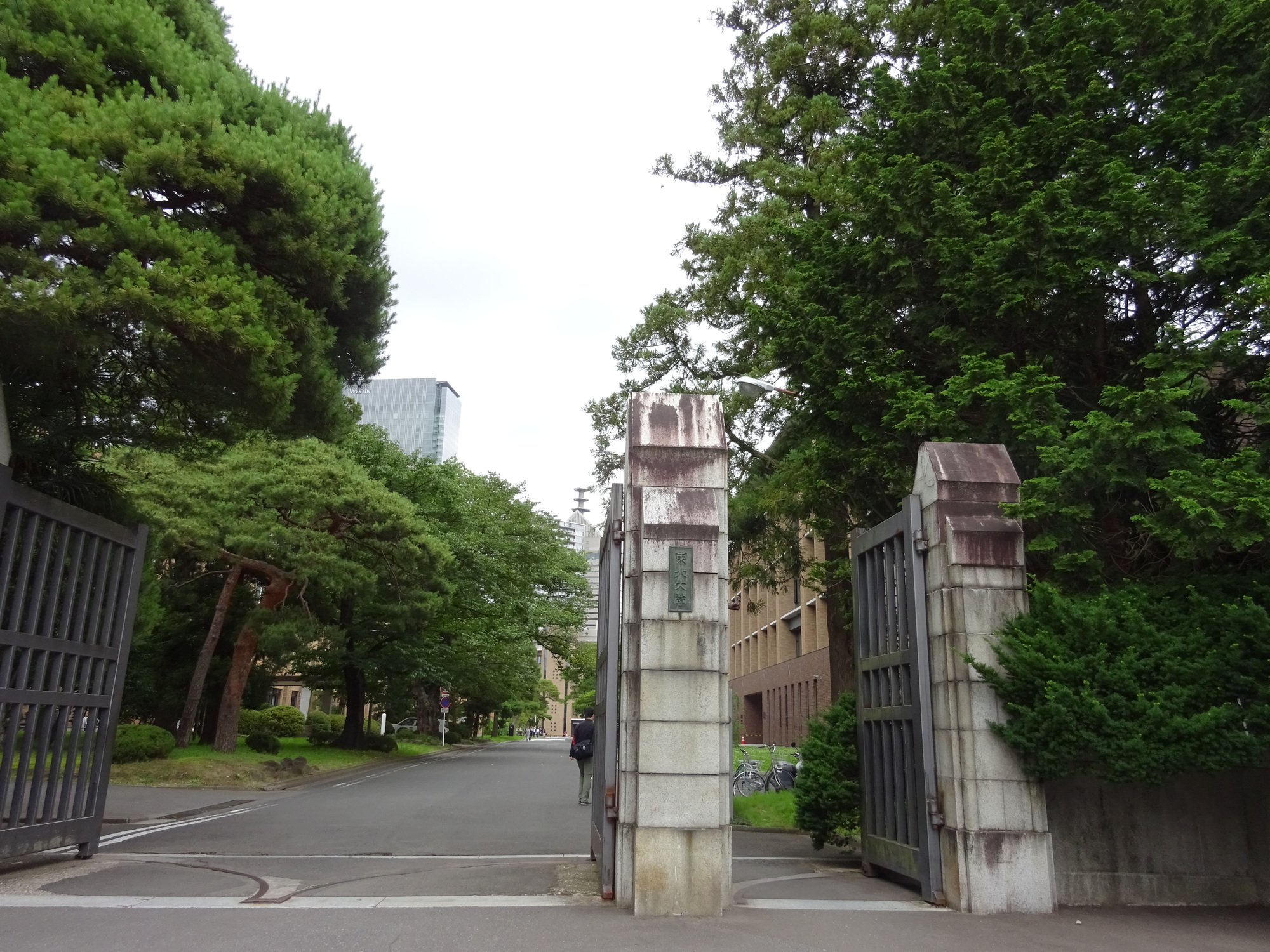A group of Associate Professor Noshi Makino of the Graduate School of Life Sciences, Tohoku University estimates a large number of genes that cause disease by focusing on a special gene called "Oonolog" contained in the genomic region peculiar to Alzheimer's disease patients. bottom.
In recent years, copy number variation (CNV: a region in the genome that varies among individuals) in the human genome has been attracting attention as a genetic factor for diseases. Since the gene amount changes when a gene is present in the CNV region, CNV containing a gene that is vulnerable to the gene amount change causes a disease. Gene clusters derived from "whole genome duplication" (a phenomenon in which the entire genome doubles in the early evolution of vertebrates 5 million years ago) Onolog is vulnerable to changes in gene mass, and CNV including onolog is strongly associated with disease. I knew that.However, even if the estimation of the causative gene focusing on the onolog in CNV is effective, it is difficult to identify the causative gene because many CNV regions contain multiple genes.
In this study, we investigated gene function and gene expression level in CNV gene clusters reported in Alzheimer's disease patients, whose onset is thought to be due to changes in gene amount, and focused on onolog. We verified the effectiveness of the causative gene estimation.As a result of the analysis, it was found that, like the known genes causing Alzheimer's disease, many genes cause abnormalities in the nervous system due to gene disruption, and the average expression level in brain tissues is higher than in other tissues.
The above results indicate that estimation of the causative gene using onolog is effective in diseases involving changes in gene mass.In addition to Alzheimer's disease such as schizophrenia, diseases caused by changes in gene amount have been reported, and it is expected that this method will be applied to other diseases.
Paper information: [Molecular Biology and Evolution] Inference of causative genes for
Alzheimer's disease due to dosage imbalance

